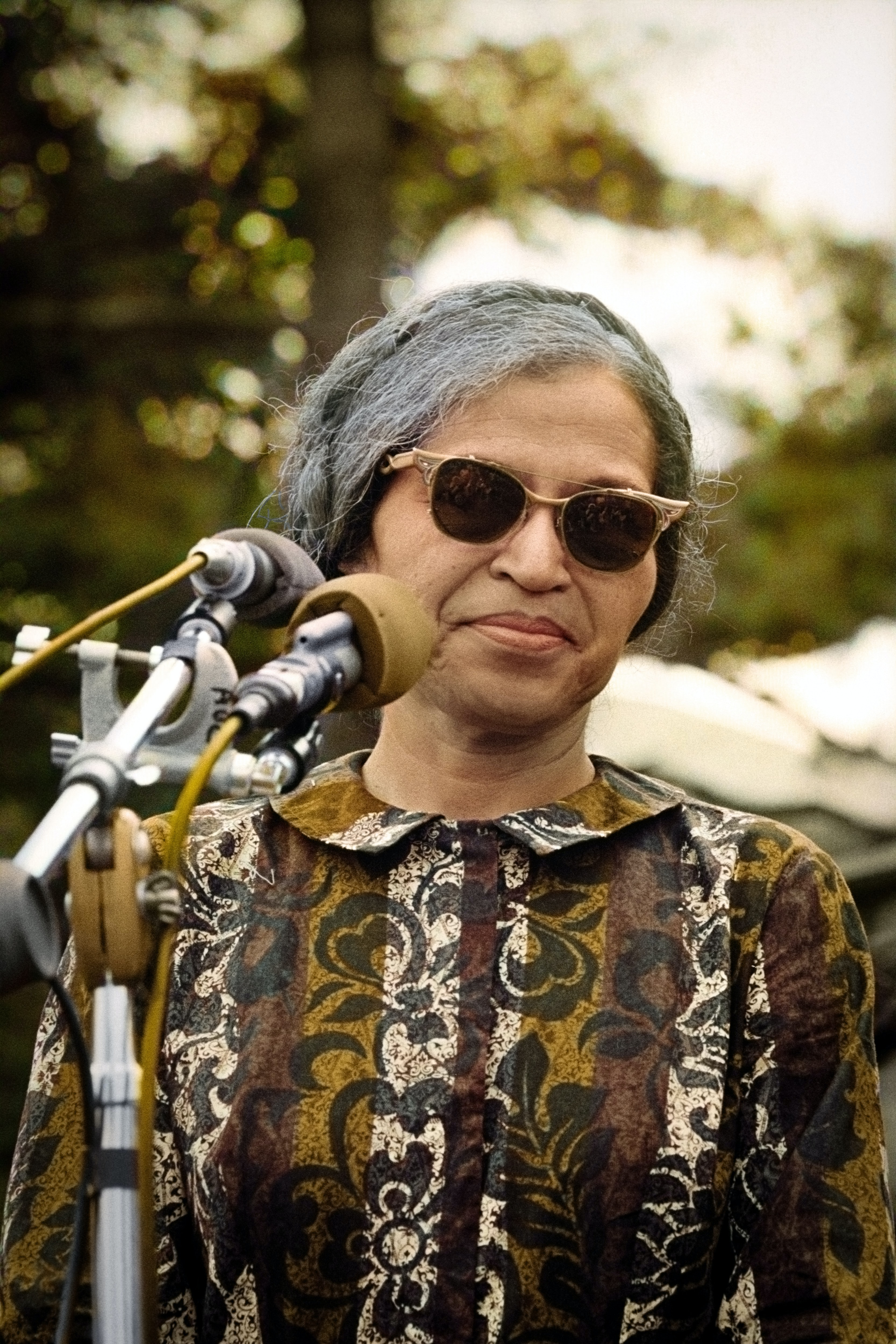As March approaches, so does Women’s History Month, a time to reflect on and celebrate the contributions of women throughout history. This is an important time to recognize the many achievements and sacrifices of women who have paved the way for future generations. It’s also a reminder to celebrate their essential role in their communities. Whether they are caretakers, educators, artists, activists, or business owners, women bring invaluable skills and perspectives to their communities that help to create a stronger, more connected society.
This is also a time to acknowledge the unique struggles and experiences of women of color. African American women have significantly shaped American history, yet their contributions are often overlooked or downplayed. From abolitionists and suffragists to civil rights activists and cultural icons, African American women have made invaluable contributions to the fight for equality and justice in America. Celebrating Women’s History Month with a focus on African American icons is an opportunity to honor these women and their accomplishments.
We celebrate Harriet Tubman, a nurse, spy, and later suffragist who escaped slavery and then risked her life numerous times to lead others to freedom via the Underground Railroad. Her legacy continues to inspire and empower people today.
We celebrate Sojourner Truth, a former slave who became a powerful speaker and activist for abolitionism and women’s rights. Her “Ain’t I a Woman?” speech at a women’s rights convention in 1851 is still remembered today for its powerful message about the intersection of race and gender in America.
We celebrate Rosa Parks. Her refusal to give up her seat on a Montgomery, Alabama, bus in 1955 sparked the Montgomery bus boycott and helped launch the modern civil rights movement.
We celebrate Maya Angelou, poet, author, and civil rights activist who wrote the iconic poem “Still I Rise” and was the first African American woman to have a screenplay produced.
We celebrate Nobel Prize-winning author Toni Morrison and her influential novels that explored the African American experience in America.
We celebrate Rukia Lumumba, Executive Director of People’s Advocacy Institute, “an organization that equips people who are most impacted by systemic violence with the tools to disrupt the criminal and juvenile punishment systems and create a new system founded in human justice, re-education, restitution, restoration, and individual and collective healing.”
Celebrating Women’s History Month with a focus on African American icons is an opportunity to learn about and honor these women and their accomplishments. It is also a chance to acknowledge the unique challenges and experiences faced by African American women throughout history and to continue the fight for equality and justice for all women, regardless of race or ethnicity.
Tell us your thoughts. Where do you hope to see AfriKin go? How do we move forward and evolve while holding onto the rich traditions that make us who we are?

